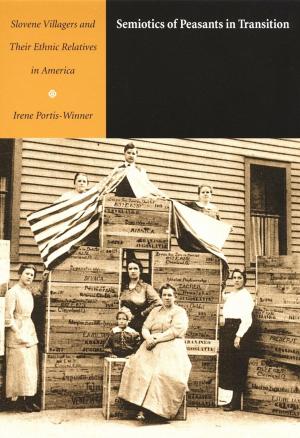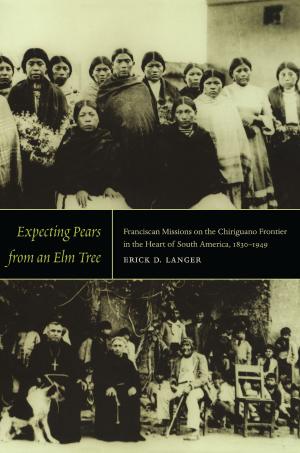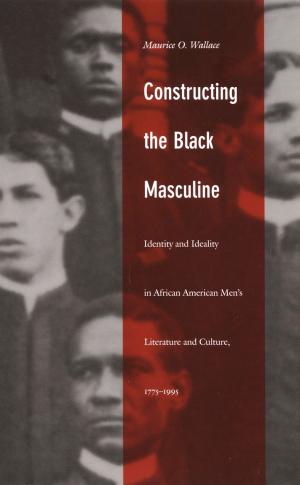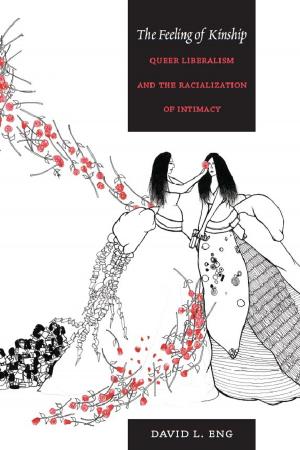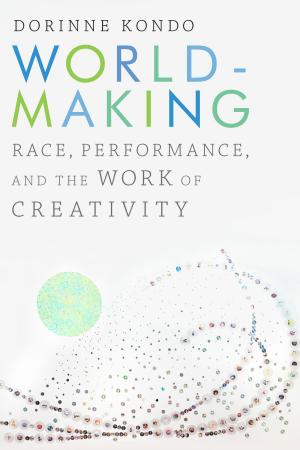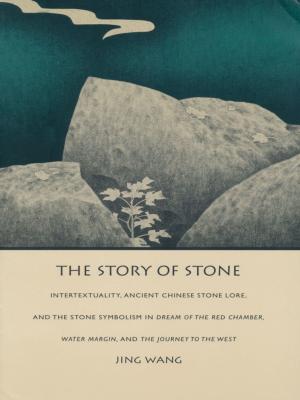Making Cinelandia
American Films and Mexican Film Culture before the Golden Age
Nonfiction, History, Americas, Mexico, Entertainment, Film, History & Criticism, Performing Arts| Author: | Laura Isabel Serna | ISBN: | 9780822376798 |
| Publisher: | Duke University Press | Publication: | March 3, 2014 |
| Imprint: | Duke University Press Books | Language: | English |
| Author: | Laura Isabel Serna |
| ISBN: | 9780822376798 |
| Publisher: | Duke University Press |
| Publication: | March 3, 2014 |
| Imprint: | Duke University Press Books |
| Language: | English |
In the 1920s, as American films came to dominate Mexico's cinemas, many of its cultural and political elites feared that this "Yanqui invasion" would turn Mexico into a cultural vassal of the United States. In Making Cinelandia, Laura Isabel Serna contends that Hollywood films were not simply tools of cultural imperialism. Instead, they offered Mexicans on both sides of the border an imaginative and crucial means of participating in global modernity, even as these films and their producers and distributors frequently displayed anti-Mexican bias. Before the Golden Age of Mexican cinema, Mexican audiences used their encounters with American films to construct a national film culture. Drawing on extensive archival research, Serna explores the popular experience of cinemagoing from the perspective of exhibitors, cinema workers, journalists, censors, and fans, showing how Mexican audiences actively engaged with American films to identify more deeply with Mexico.
In the 1920s, as American films came to dominate Mexico's cinemas, many of its cultural and political elites feared that this "Yanqui invasion" would turn Mexico into a cultural vassal of the United States. In Making Cinelandia, Laura Isabel Serna contends that Hollywood films were not simply tools of cultural imperialism. Instead, they offered Mexicans on both sides of the border an imaginative and crucial means of participating in global modernity, even as these films and their producers and distributors frequently displayed anti-Mexican bias. Before the Golden Age of Mexican cinema, Mexican audiences used their encounters with American films to construct a national film culture. Drawing on extensive archival research, Serna explores the popular experience of cinemagoing from the perspective of exhibitors, cinema workers, journalists, censors, and fans, showing how Mexican audiences actively engaged with American films to identify more deeply with Mexico.

